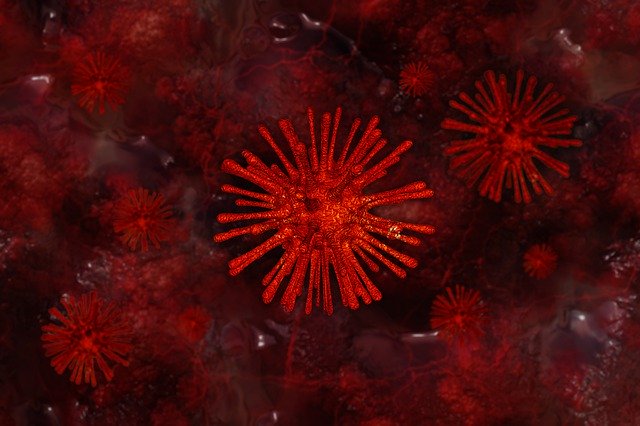“A diagnosis of ED is a good time to rethink your bad habits. Smoking, alcohol and substance abuse restrict blood flow, which is critical, as blood needs to flow to the penis for an erection.”
Kelly Dawn, Rockie Dale
Erectile dysfunction (ED) is the inability to achieve or maintain a satisfactory erection for sexual intercourse. It is caused by various reasons, which can be psychological or physical in nature.
However, being impotent does not mean having some kind of problem with fertility, ejaculation, orgasm, or sexual functioning.
And although the risks of erectile dysfunction or impotence increase with age, erectile dysfunction is not an inevitable process associated with aging. Men can enjoy sexual activity throughout their lives, although the amount and strength of ejaculate and muscle tension are reduced.
Etiology
It is rare that erectile dysfunction is primary (when the man has never achieved or maintained an erection), but is usually due to psychological factors such as sexual guilt, fear of intimacy, depression, anxiety, etc …, and less often to biological factors.
Erectile dysfunction is called secondary if it develops later in life in a man who was previously able to achieve erection.
The main cause is vascular, but other major categories include hormonal disorders, drug use, and neurological diseases.
Transitory erectile dysfunction of any nature can lead to secondary psychological difficulties that complicate the problem. Erectile dysfunction may be situation-dependent, affecting only certain times, places or partners, and/or be associated with a sense of defeat or damaged self-esteem. Psychological factors that may be associated with organic diseases can be both the cause and the consequence of erectile dysfunction.

Vascular disorders
The main vascular problems that can lead to erectile dysfunction are atherosclerosis of the penile arteries, inadequate impedance of venous flow, or a combination of both.
With aging and associated pathologies (atherosclerosis, hypertension), dilation of the arteries and smooth muscle relaxation decrease, thus reducing the amount of blood that enters the penis.
Venous incompetence makes it difficult for blood to remain in the penis during erection. Diseases that accelerate atherosclerosis (diabetes, smoking, hypertension) increase the prevalence of erectile dysfunction.
Hormonal disorders
Hormonal problems such as increased prolactin, hypothyroidism and hyperthyroidism or Cushing’s syndrome can lead to erectile dysfunction. The use of drugs causes 25% of cases.
Drugs are also among the most common causes of erectile dysfunction. Some studies show that certain prescription drugs caused one in four cases of dysfunction, and this figure may not reflect the true extent of the problem.
Neurological disorders
Erectile dysfunction of neurological cause, occurs as a result of alterations in the autonomic and somatic nerve pathways or the combination of both and the brain components that induce erection.
Neurological disorders such as strokes, temporal lobe seizures, multiple sclerosis, sensory and autonomic dysfunction, spinal cord injuries, etc., often cause erectile dysfunction.
Remember that:
- Erectile dysfunction is a common disturbance in men’s sexuality that can significantly affect their well-being.
- Aging, some diseases associated with it and its treatments (operations or medicines), are its most frequent causes.
- Less than 10% of patients with severe erectile dysfunction consult a specialist. And only 2% of men with moderate or severe ED seek medical help.
- Nowadays there are very effective treatments for erectile dysfunction. More than 90% of men who see a specialist manage to recover their erection.
- The diagnosis of the type of dysfunction is essential in the choice of the most appropriate treatment for each patient.
- Alcohol consumption, smoking and poor diet directly contribute to the likelihood of erectile dysfunction.









